2 Jul 2025 - 03:27 UTC
GOES-West - Sector view: Pacific Northwest - Band 2
1 hour loop - 12 images - 5 minute update
To enlarge, pause animation & click the image. Hover over popups to zoom. Use slider to navigate.
0.64 µm - Red Band - 0.5 km resolution - Visible band 2 is in the red portion of the spectrum and has the highest resolution of any ABI band at 0.5 km, and for that reason is the primary visible band. It is used primarily to monitor the evolution of clouds throughout the daylight hours.
GOES-16 Band 2 corresponds approximately to the old GOES-13 visible channel.
Band 2 is a visible channel and is therefore black during nighttime hours.
• For more details, see the Band 2 - ABI Quick Information Guide, (PDF, 673 KB)













